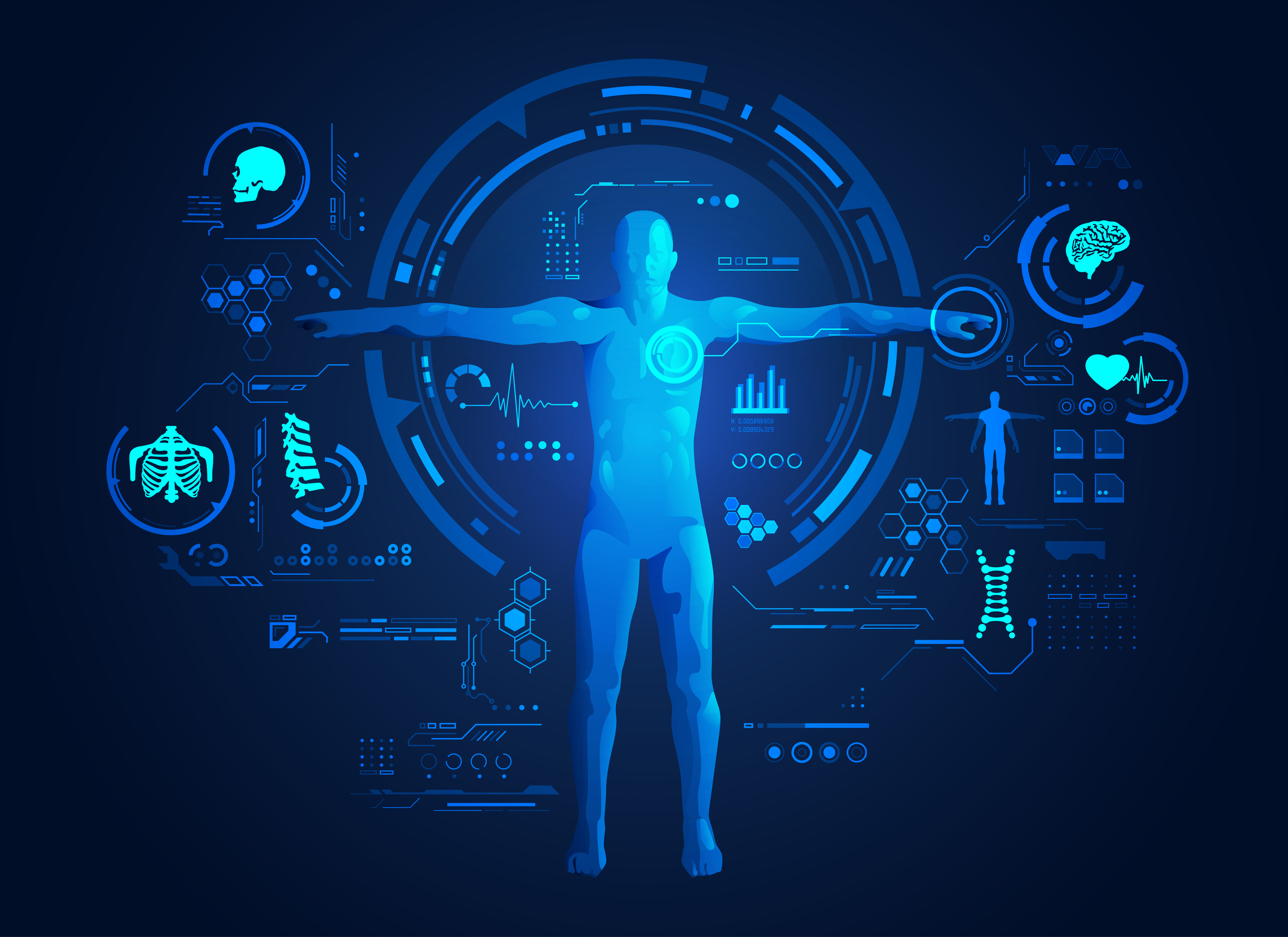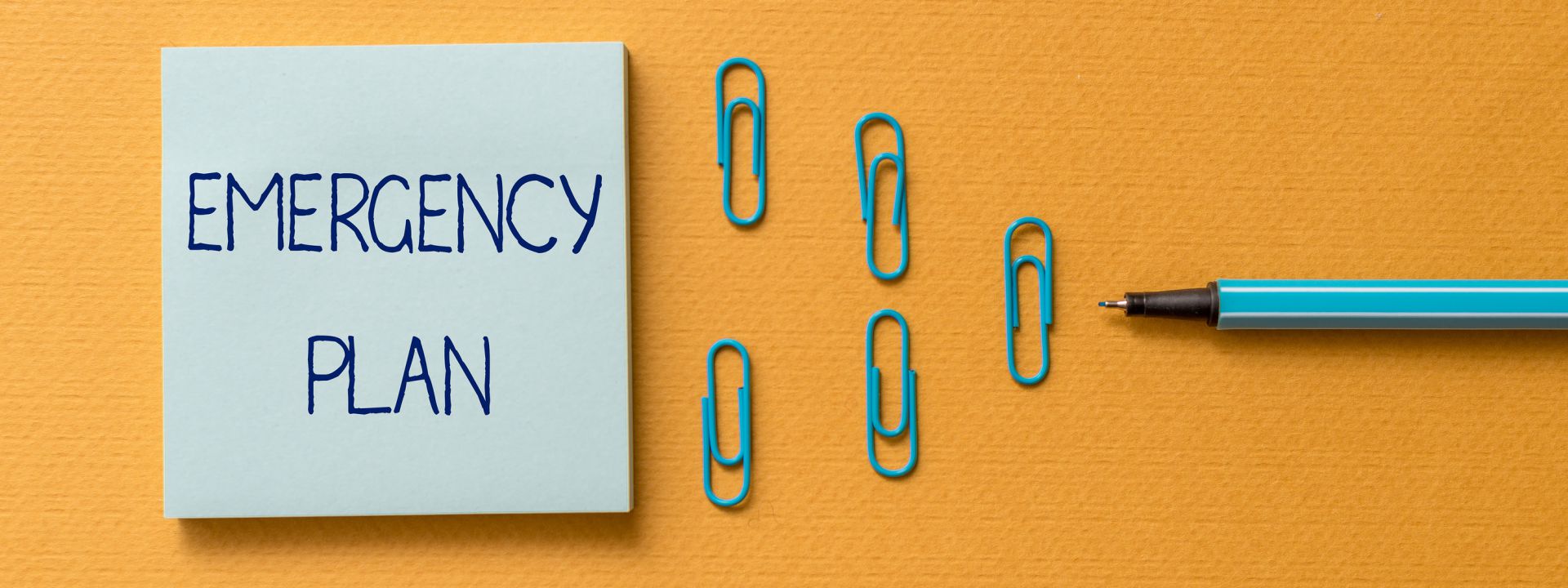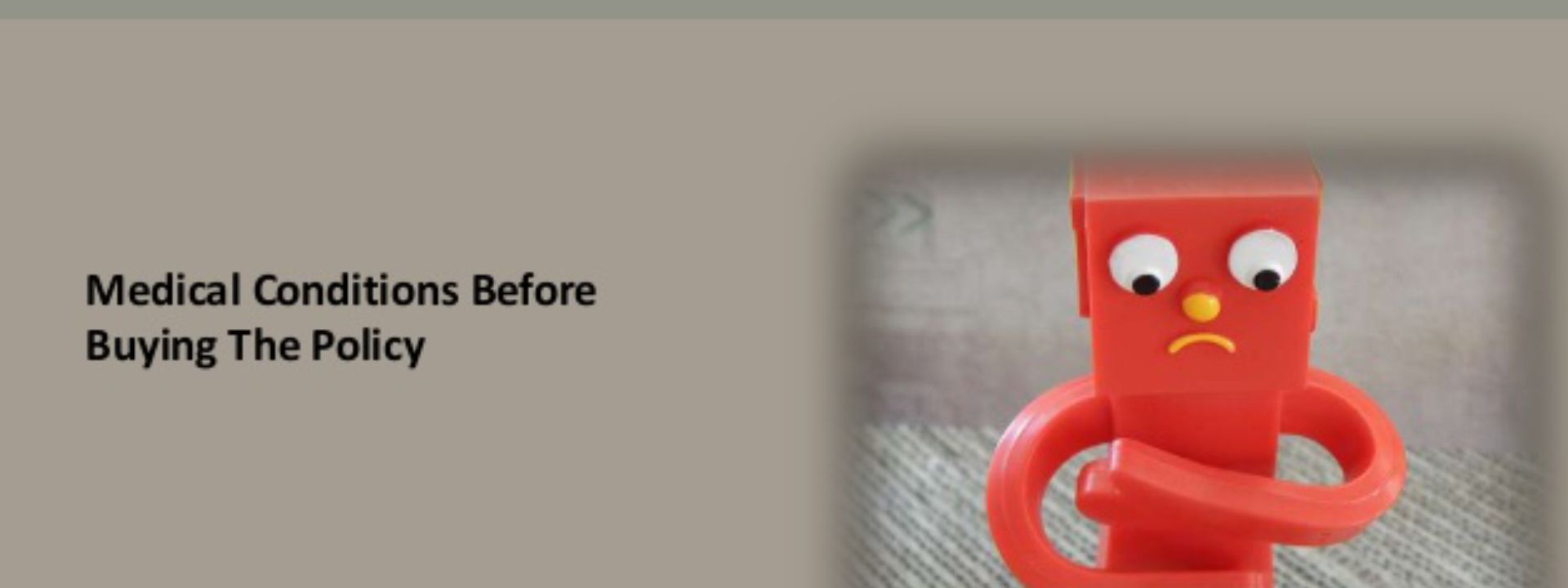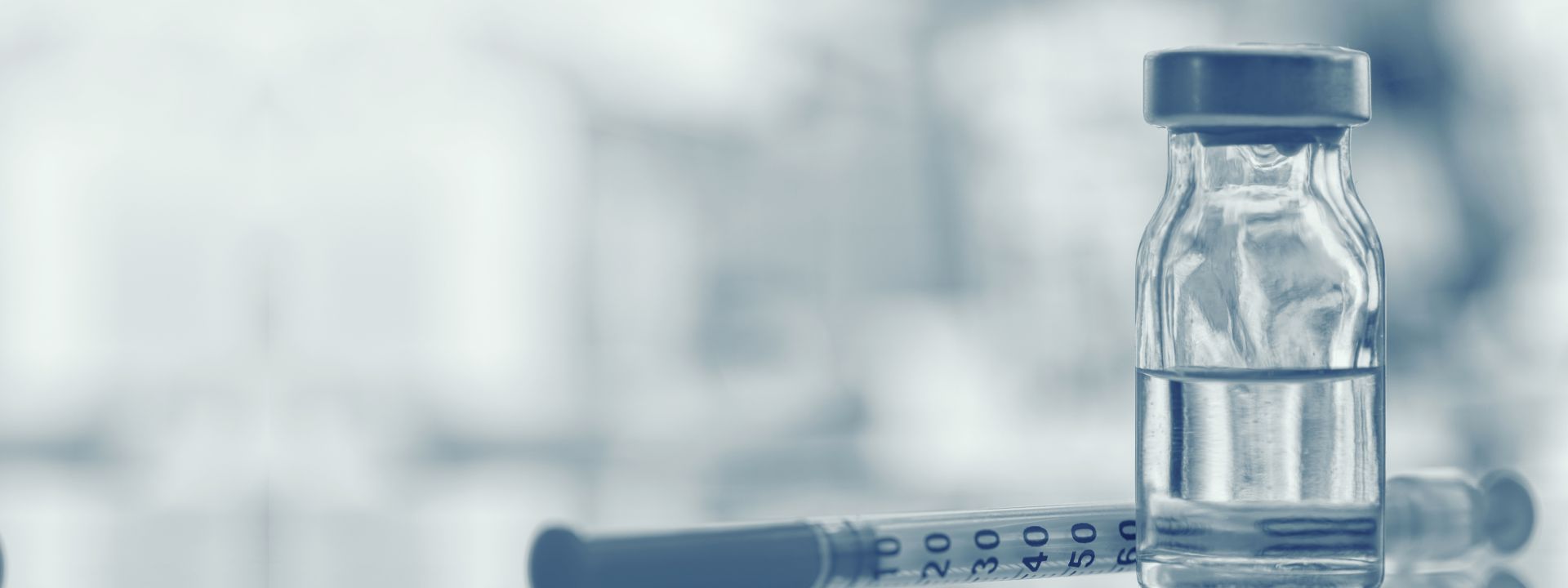Health Disease
Your body is the most priceless possession. After all, you have to dwell in it! So take care of it with a right Health Insurance Plan.
What is Headache?
A headache typically can be a sign of emotional distress or stress, or it may also cause due to a medical disorder, like as migraine, anxiety, high blood pressure or depression which is a pain in the upper neck or the head. It may also lead to other problems. There are certain people that suffer from chronic migraine headaches, say for instance, who may find it difficult to attend school or work regularly. Usually, headaches are most common medical complaints that most of the people experience at some point in their life affecting anyone regardless of race, age, and gender. The headache causes may be primary that are not associated with a medical condition or secondary that are caused by an injury or medical condition. People who have primary headaches usually include migraine, tension, and cluster headaches.
Causes of Headache?
Mentioned below are some of the primary causes of headaches:
The primary headache causes aren’t related to any separate medical conditions and are a result of an underlying process in the brain. Some of the instances of common primary headaches may include cluster, migraine, and tension headaches.
Mentioned below are some of the secondary causes of headaches
The secondary headache causes are those that are because of an underlying medical condition. Some of the instances of secondary headache causes include brain tumor or brain aneurysm, Cervicogenic headaches, overuse of medication, meningitis-related headache, post-traumatic headache, sinus headaches and spinal headache.
Types of Headache
There are many types of headaches that exist. Some of the examples of these types of headache are:
- Tension headaches
Being the most common types of headaches, tension headache usually occur more in women who are above 20 years old and are described as a feeling of a tight band around the head.
Tension headache are a result of tightening of the muscles around the neck and scalp. The contributing factors are poor posture and stress. These types of headaches last typically for for several minutes, however in some cases, they may last for several days and have a tendency of being recurrent in nature.
- Cluster headaches
Usually, cluster headaches are types of headaches which are non-throbbing and that cause burning pain or excruciating pain on one side of the head or behind the eye. They produce nasal congestion and runny nose by usually causing the eyes to tear up. Since these types of headaches can remain for a longer duration as long as 6 weeks, they are known as cluster
- Migraine headaches
These types of headaches are major headaches that leads to throbbing or pounding pain that typically lasts on one side of the head. Some of the types of migraine headache exist include migraines that are chronic in nature. These may last for 15 or more days in a month.
- Rebound headaches
These types of headaches usually occur post a person stops taking medications that are generally used on a regular basis for headache treatment. A person may easily experience a rebound headache, in case they consume medications such as ergotamine (Ergomar), triptans (Zomig), acetaminophen, (Imitrex), and painkillers that include Tylenol with codeine.
- Thunderclap headaches
These types of headaches that often severe and abrupt in nature and comes on very quickly. They do not come with a prior warning and then last up to five minutes. These types of headache may signal an underlying problem with blood vessels in the brain and therefore very usually need prompt medical attention.
Treatment
What to do if you’re Headache worsens?
In most cases, headaches are not an indication of a serious medical issue. But, you should seek medical attention if the headache is unusual or severe or that does not respond to medical treatment and therefore worsens over time. This type of headache frequently reoccurs or is typically accompanied with vomiting, injury, fever, seizures, or any changes in vision, speech or behavior.
What are the available Headache treatment options?
Headache treatments varies depending on the cause. In case you face headaches because of an illness, then mostly such headaches will go away when the underlying condition is treated. But, most headaches can be treated successfully and so aren’t symptoms of serious medical conditions. You may opt for over-the-counter medications namely aspirin, acetaminophen (Tylenol), or ibuprofen (Advil).
In case you feel that the medications aren’t working, then you may opt for alternative remedies that can aid in headache treatment:
- Biofeedback helps with pain management, which is an effective relaxation treatment.
- You can join stress management classes for relieving stress and tension.
- Cognitive behavioral therapy that may be used to recognize situations making you feel stressed as well as anxious. This is a type of talk therapy.
- Acupuncture also helps in relieving stress.
- Exercising regularly will help in increasing certain brain chemicals production making you feel relaxed and happy.
Are there are any natural or homemade remedies for Headache?
There are certain steps that can be used for reducing the headaches risk and to lower down the pain if they do occur:
- Application of an ice pack or a heat pack to your head or neck. However, it is best to avoid extreme temperatures.
- Avoid stressors
- Find out ways to coping up with stress
- Eat healthy regular meals to take care and for maintaining stable blood sugar.
- A hot shower may even help in conditions wherein hot water exposure can trigger headaches.
- Exercising regularly
- Getting enough sleep.
When to see a doctor?
Most of the times, the symptoms of headaches aren’t a life-threatening illness. But, you should immediately contact your doctor in case a headache occurs post a head trauma. You should visit a doctor in case of the following signs and symptoms:
- Fever
- Drowsiness
- slurred speech
- convulsions
- Confusion
- Vomiting
- Facial numbness
- Weakness in an arm or a legs
- Any pressure surrounding the eyes with a yellowish-green nasal discharge
- Sore throat.








 support@greyfont.com
support@greyfont.com Call Us on (022) 4891 3051
Call Us on (022) 4891 3051